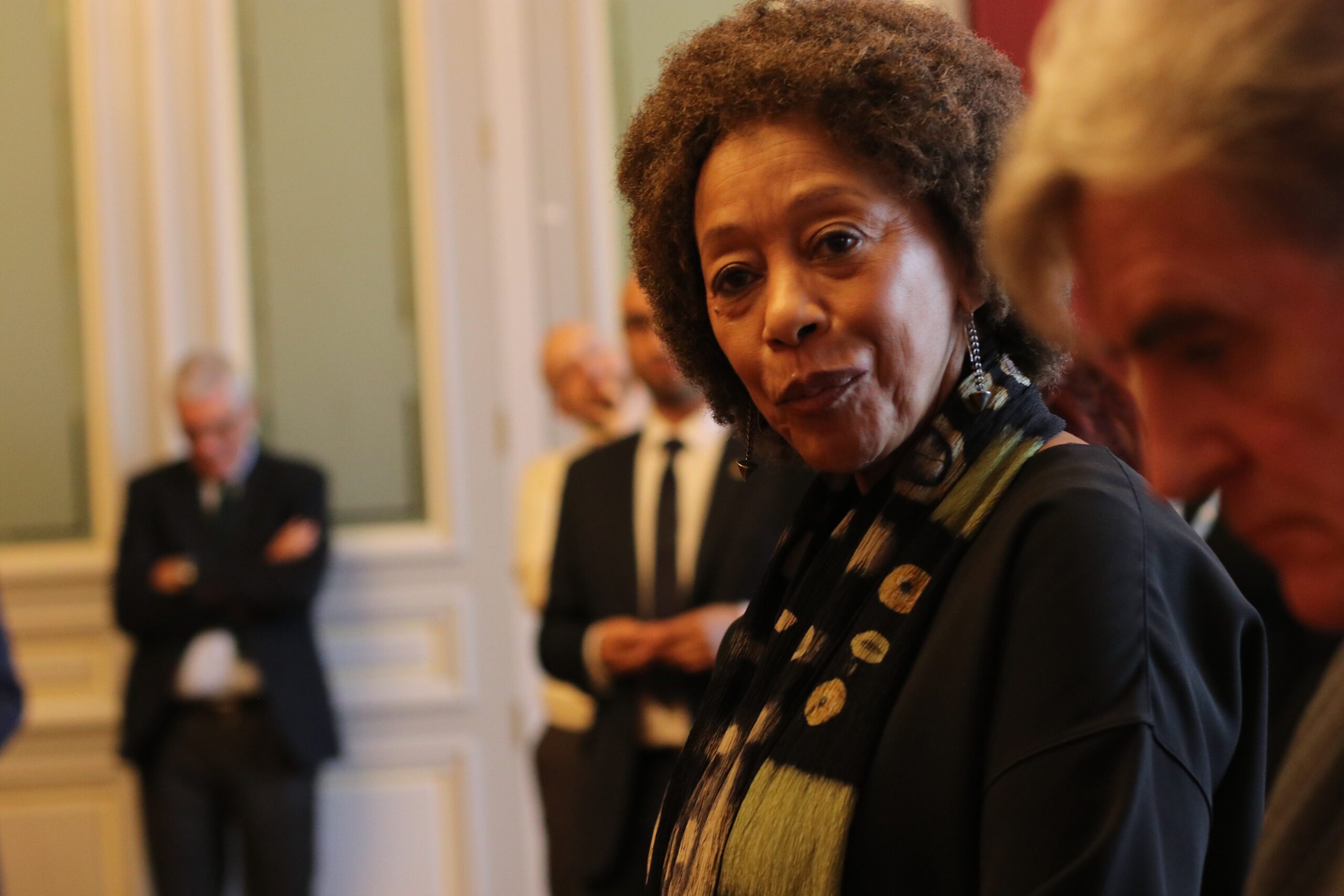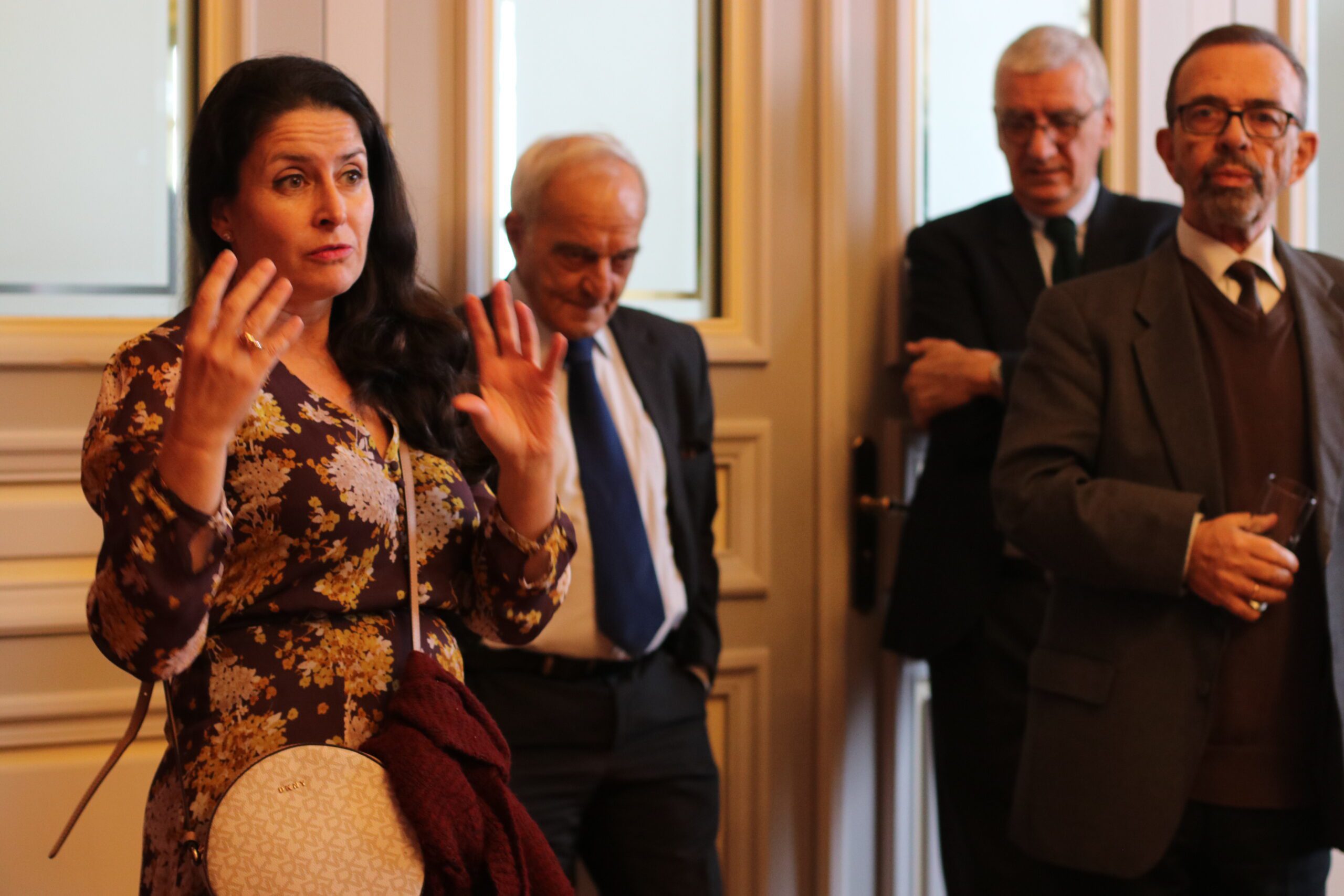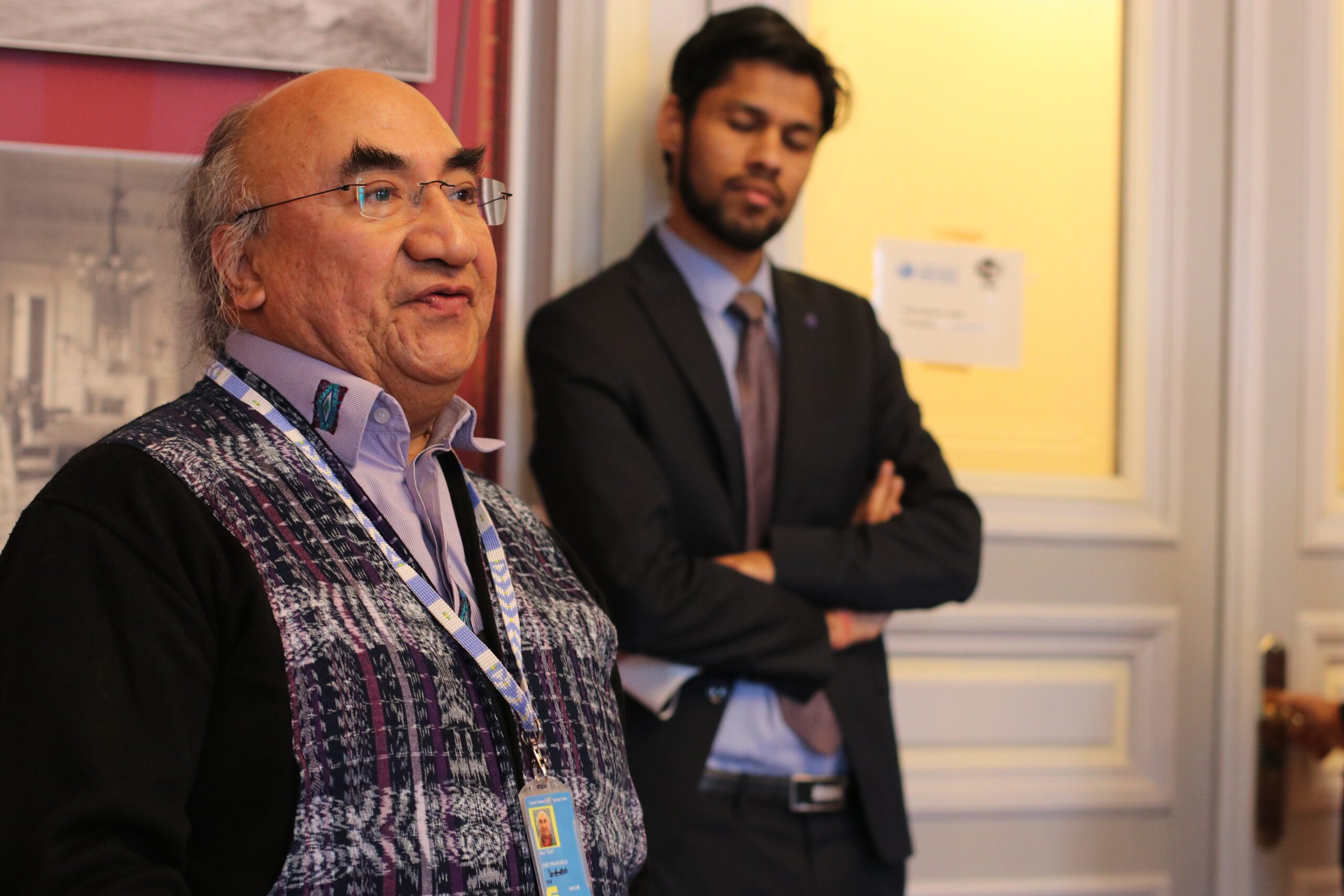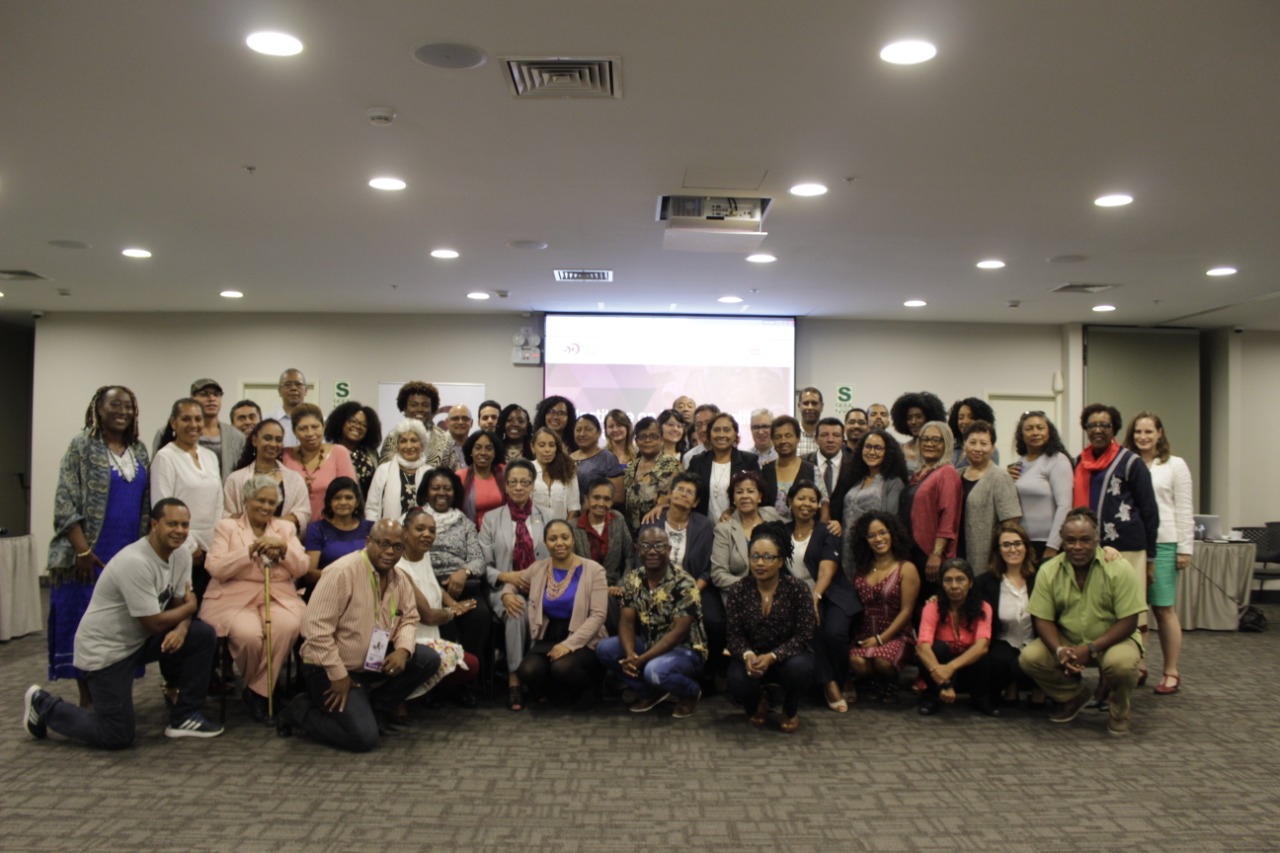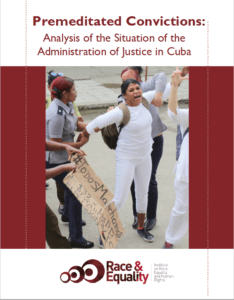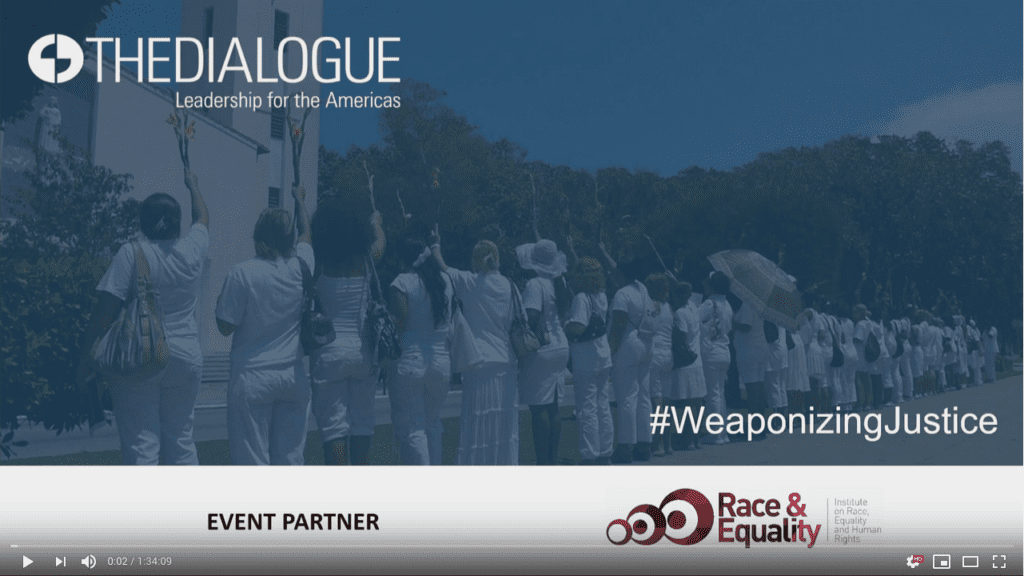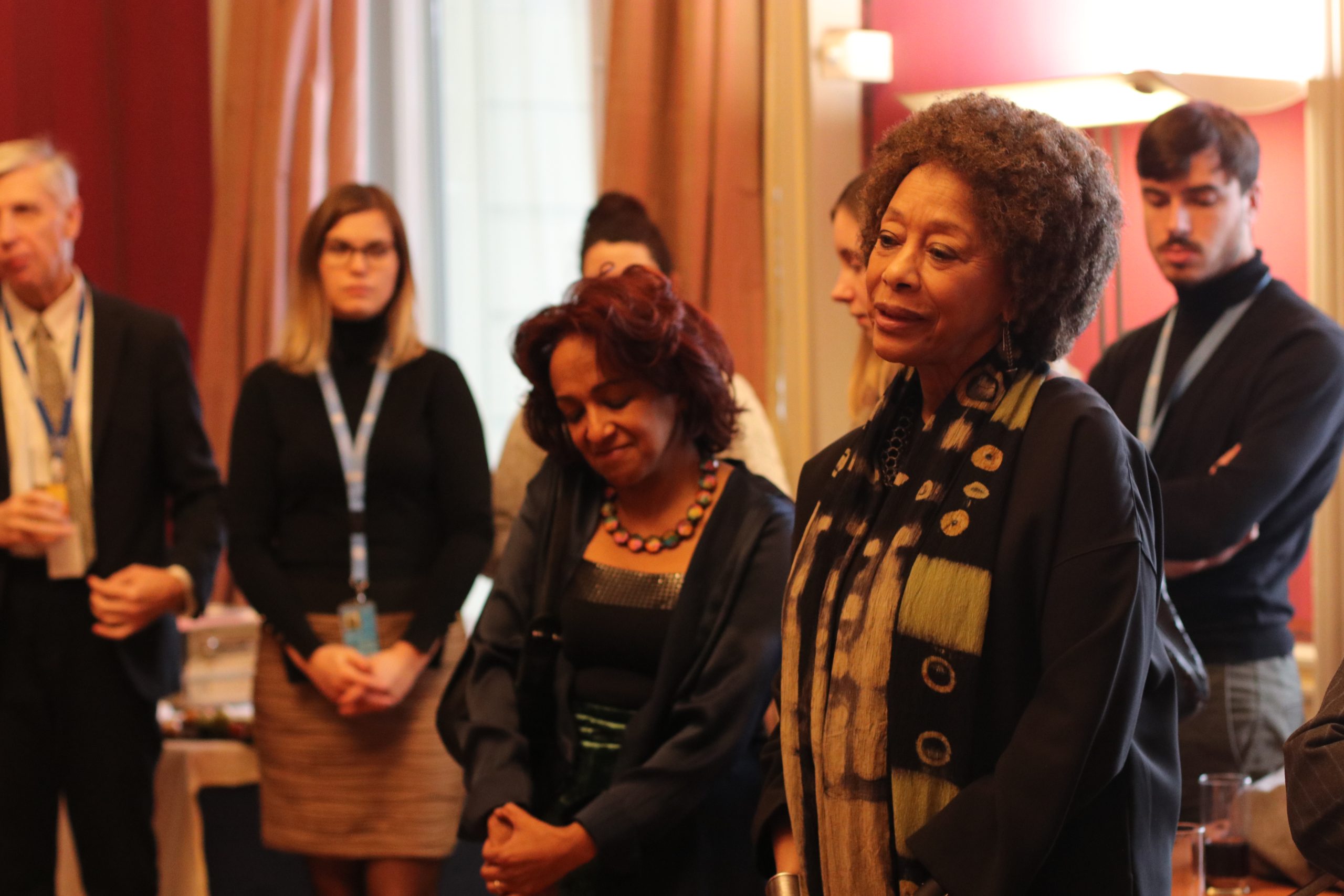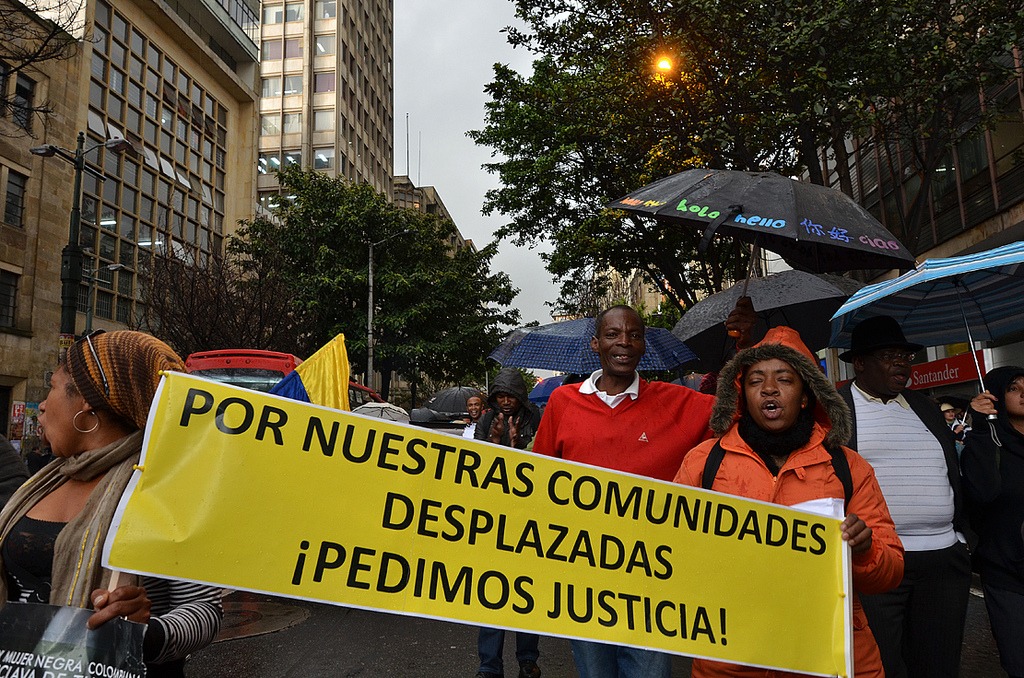Víctor Madrigal: “States should consider that the valuable contributions of LGBTI people to the construction of the social fabric is one of the ways to guarantee their recognition and inclusion”
In his most recent report, the United Nations Independent Expert on Sexual
Orientation and Gender Identity, Víctor Madrigal, presented an analysis of the
ways in which discriminatory laws and social and cultural norms continue to
marginalize and exclude people because of their sexual orientation and / or
gender identity in different spheres of society, situations that according to
the document, are aggravated when interrelated with other forms of
discrimination such as ethnicity, race, socio-economic status, and national
origin, among others that lead to definitive states of exclusion and
marginalization.
The International Institute on Race, Equality and Human Rights (Race and
Equality) spoke with the Independent expert on Sexual Orientation and Gender
Identity so that, in the light of the reality that Latin American people live,
he could present some considerations on the LGBTI situation, the multiple forms
of violence they experience today, and present proposals that make it possible
to overcome these forms of exclusion.
What is the
current situation of LGBTI people in Latin America, how would you characterize
it, and what is your interpretation of the current legal situation of LGBTI
people in Latin America?
Víctor Madrigal
(VM): The problem faced by the human rights of LGBTI people is conditioned,
first by a historical framework that has been built over centuries, systems of
exclusion and stigma that are based on notions about what the roles that people
acquire should be according to their genital configuration. The idea here is to
try to understand what these structures are, understand, in addition to what
ways in which power is structured in society, and thus understand how the realities
of LGBTI people, which are subversive to these systems built over decades and
centuries, are violated through frameworks that are intended to defend these
power structures.
What the Mandate
has done throughout this time, is study the basic causes of stigma and
discrimination and come to understand that there are certain structural
manifestations: the first is what is known as the “denial”
related to the existing idea in some legal systems (or the political message
that has been tried to spread), that LGBT people do not really exist in that
particular context, justifying their position on the premise that these are
ideas imported from some other context.
The second manifestation or mechanism is that of “stigma,” which I have organized into three categories: First, the claim that LGBT existence is criminal in nature, that is, through crime or of criminal legislation. At this moment, there are still 69 countries in the world that criminalize homosexuality, and of these 9 are in the Caribbean Region. Another is the idea that the lives of LGBT people are sinful in nature. Hence the whole structure of the church that is used to create messages of exclusion and discrimination, and the last manifestation or mechanism is the idea of pathologizing, which is connected with the basic idea that LGBTI existence is in some way or another sick or a reflection of pathologies.
The phenomenology
of the human rights problems faced by LGBT people is registered in this context
and is deeply rooted in patriarchal structure, in social structures that are
prevalent in Latin America and that have, as a result, very high levels of
social exclusion and violence.
In the report on “Data collection and management as a means to raise awareness about violence and discrimination based on sexual orientation or gender identity” A / HRC / 41/45 lays out the use of data as part of the strategy of overcoming these contexts and discrimination of violence. Could you explain a little, how is this expressed?
Víctor Madrigal:
The context in which I pose this is my conviction that the processes of stigma
are based on preconceptions, prejudices, and an exploitation of concerns that
the general public have about the very existence of LGBT people, that it is not
based on any empirical basis, or in other words, that it is not based on
evidence, and therefore, I consider that the strategy to counteract these
prejudice structures is through the production of evidence and with this data
is essential.
When I started
working at the Inter-American Commission on Human Rights and created the LGBT
Rapporteurship, one of the first things we did was create a record of violence,
and we realized, for example, that problems of violence against trans women were
completely invisible in the data, and therefore in public policy. This is because
trans women who were killed, and violently, were usually registered in the
police records as men, therefore there was a complete invisibility of their
problems from the viewpoint of public policy, but also in regard to social consciousness. The messages were very powerful from every
level. The fact that there was no data
disaggregated from this population’s point of view, no recognition of the
existence of this population at the base of this violence was powerful, but
there were also very powerful messages by means of written media that
constantly reported murders of trans women as murders of a man dressed as a
woman, or a transvestite man, or a man automatically labeled as a sex worker,
in short, a number of pre-concepts that didn’t really have any foundation from an
empirical base.
So for me, the
creation of an evidence base, which allows us to reflect on the true nature of this
violence problem, but also the true nature of the social existence of LGBT
people, is an essential part of solving the issue.
According to
his latest report on socio-cultural and economic inclusion of the population
(https://undocs.org/A/74/181), which aspects do you consider the most
fundamental for civil society and the States in Latin America?
Víctor Madrigal:
On the basis of everything, there is the production of knowledge regarding the
reality of LGBTI people’s lives. I insist that obtaining disaggregated data
that allows us to understand the situation of LGBT people in relation to
education, health, housing, and other sectors highlighted in my report is
essential. Without that knowledge base, without that evidence base, it will be
absolutely impossible to have public policies that dialogue and impact these
lived realities of LGBT people.
Next, it is
important that there is a willingness to connect this empirical base with
public policy. It is essential to ensure that public policy is informed by this
base, but also that when it is being carried out there is a conscious exercise
of involving communities, peoples, and populations that are being affected.
Every public
policy maker must know in a very clearly the limitations on what we do not know
about the realities of these populations. Meanwhile, bringing them into the
consultation processes, conducting participatory processes, is the only way to
ensure that public policies will have a sustainable impact.
A third element
would be related to the fact that in these processes there are very clear
political manifestations about the way in which States receive and promote the
message of the lives and realities of LGBT people, as long as they consider
that they contribute to the social fabric, that they are valuable and worthy of
existing in the social fabric, and that the ability and possibility of these
people to live free and equal in the context of these societies is a
manifestation of their human rights, which are not special rights, which are
not unique rights, but it is an essential basis of their human right to be able
to live in equality and freedom.
And on the basis
of these conditions, I believe that the last element that must be there is the
fact that the States recognize that, in these recognitions and in this way of
proceeding, there is a fundamental key to ensuring the full potential of LGBT people’s
contribution to our society, to enhance and make it possible to unleash and
ensure the full potential of the social contribution of these people in our
contexts.
Since the
exercise of the mandate, you have had the experience of working with various
LGBTI activists around the world. What particularities in activism, human
rights violations or successful results have you been able to identify in
racialized and / or impoverished LGBTI sectors?
Víctor Madrigal:
I think that the first achievement to be highlighted is related to the
strategic litigation regarding decriminalization. It is extraordinary what has
been achieved through judicial activism, for example, in dismantling
criminalization systems in India, in the Caribbean itself we have the example
of Trinidad and Tobago, we have the example of Belize.
Other
achievements that I could mention are related to the access of services and
non-discrimination provisions.
I do not
participate in the provision of policies for the creation and provision of the
Mandate, but I have found it very important how the creation of civil society
coalitions has created the mandate and now has gotten an extraordinary renewal
through the coalition of more than 1300 civil society organizations that come
from 174 countries and have really created a wonderful synergy so that the
mandate could be renewed with a fairly forceful majority in the international
community. I also believe that networking is a great achievement for the impact
on the enforceability of LGBT rights.
If there is any
evidence from the last 25 years of experience, it is that social change is
possible in our generation. We have gone
from contexts of criminalization and pathologizing to contexts of dignity, and
I believe that energy of changes, that the change of paradigms is something
that can be expected to continue. For the next 25 years, I have the expectation
that there will be a world free of criminalization for 2030 and the expectation
of a world in which there will be true social inclusion for the next
generation.
